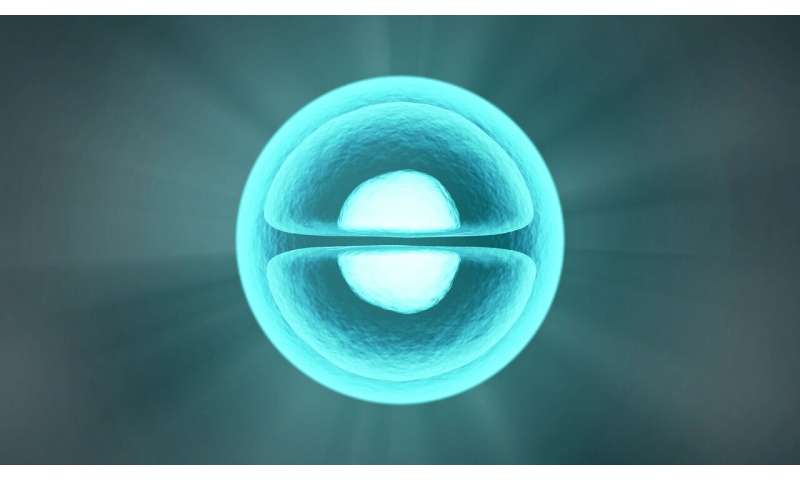
A population of stem cells with the ability to generate new bone has been newly discovered by a group of researchers at the UConn School of Dental Medicine.
In the journal Stem Cells, lead investigator Dr. Ivo Kalajzic, professor of reconstructive sciences, postdoctoral fellows Dr. Sierra Root and Dr. Natalie Wee, and collaborators at Harvard, Maine Medical Research Center, and the University of Auckland present a new population of cells that reside along the vascular channels that stretch across the bone and connect the inner and outer parts of the bone.
“This is a new discovery of perivascular cells residing within the bone itself that can generate new bone forming cells,” said Kalajzic. “These cells likely regulate bone formation or participate in bone mass maintenance and repair.”
Stem cells for bone have long been thought to be present within bone marrow and the outer surface of bone, serving as reserve cells that constantly generate new bone or participate in bone repair. Recent studies have described the existence of a network of vascular channels that helped distribute blood cells out of the bone marrow, but no research has proved the existence of cells within these channels that have the ability to form new bones.
In this study, Kalajzic and his team are the first to report the existence of these progenitor cells within cortical bone that can generate new bone-forming cells—osteoblasts—that can be used to help remodel a bone.
To reach this conclusion, the researchers observed the stem cells within an ex vivo bone transplantation model. These cells migrated out of the transplant, and began to reconstruct the bone marrow cavity and form new bone.
Source: Read Full Article